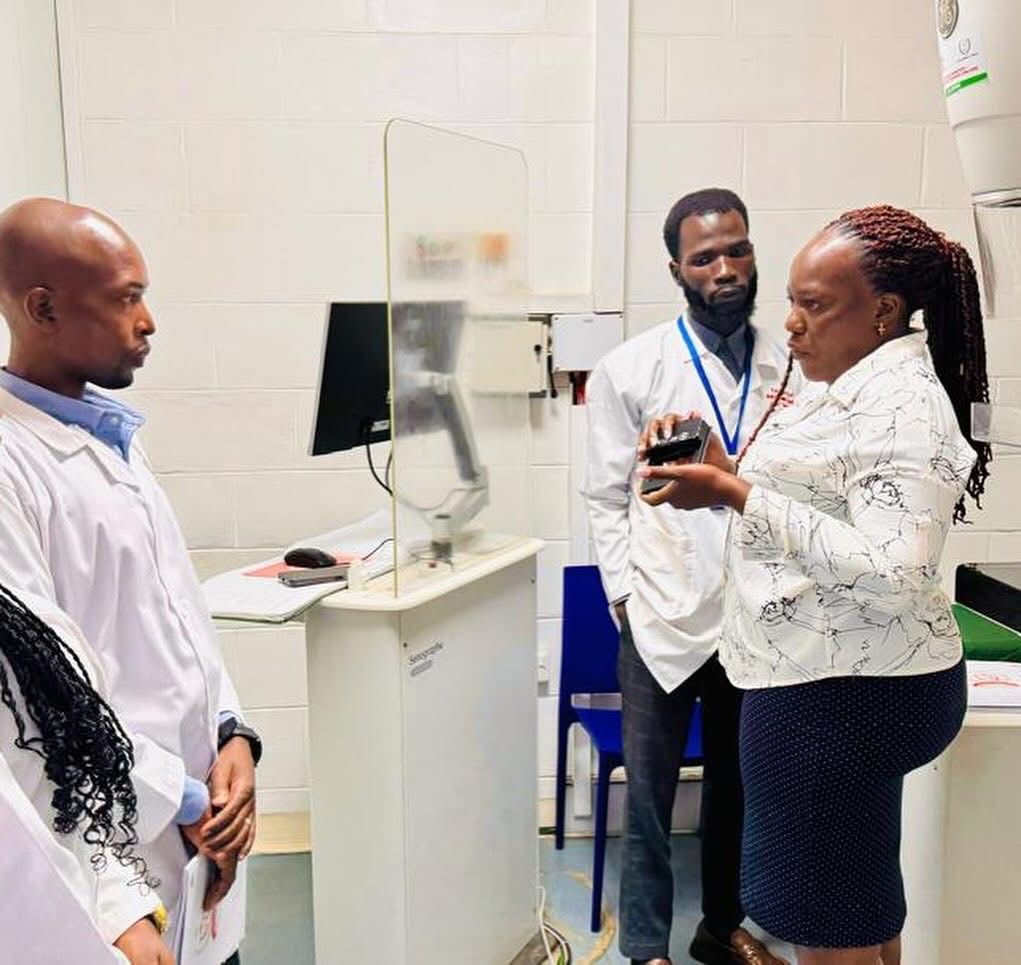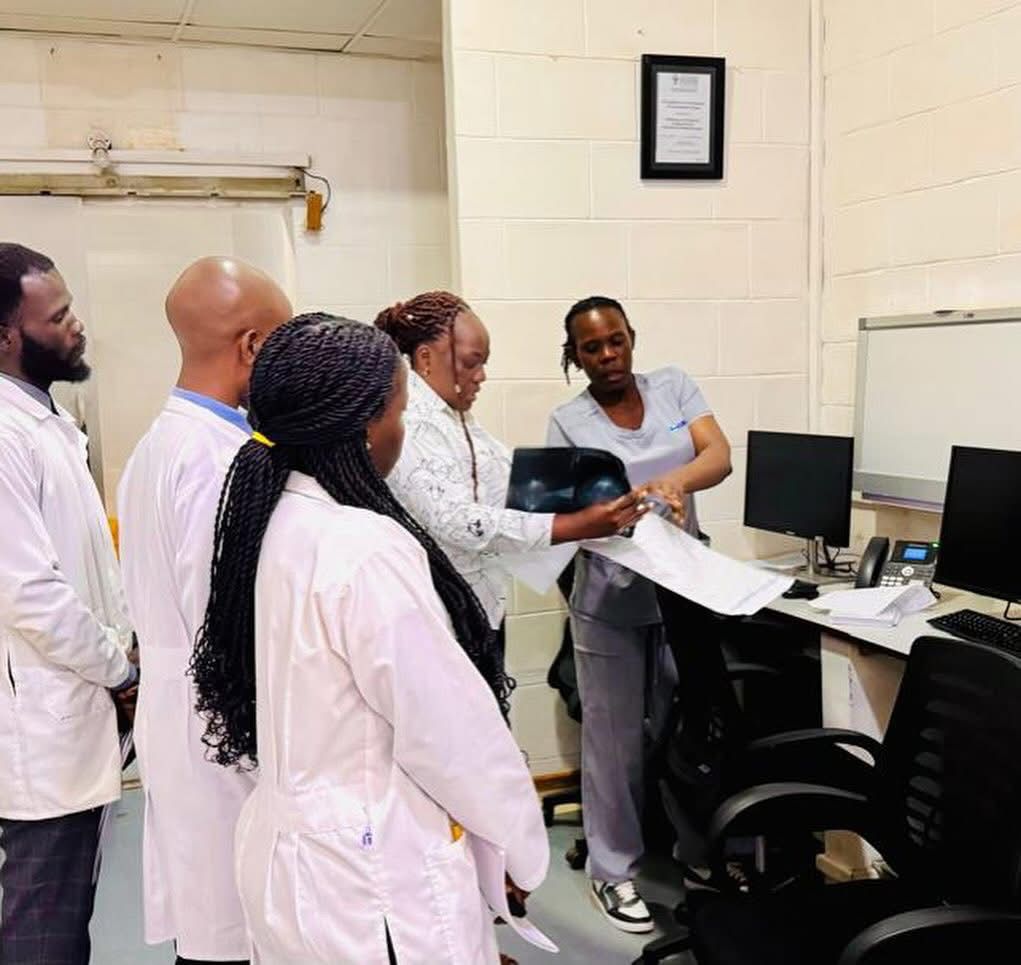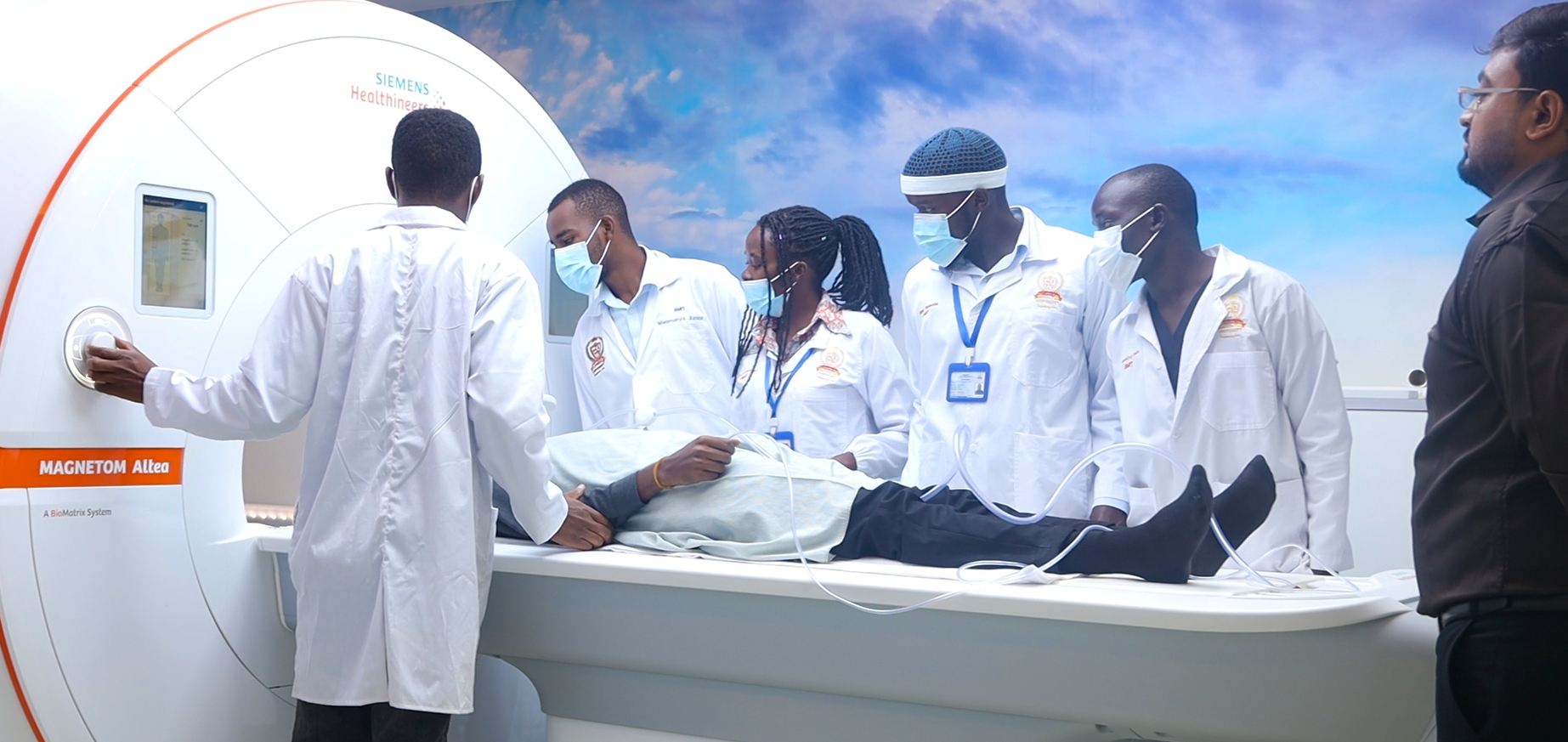- About
- Programs
- Faculty of Graduate Studies and Research
- PhD in Business and Management Studies
- PhD in Information and Communication Technology
- Master of Science in Information Technology (MSc.IT)
- Master of Science in Cyber Security and Forensics
- Master of Science in Digital Finance and Technology
- Master of Science in Public Health (General)
- Master of Science in Public Health – Health Informatics
- Master of Science in Public Health – Epidemiology and Biostatistics
- Master of Business Administration (MBA)
- Faculty of ICT
- Master of Science in Information Technology (MSc.IT)
- Master of Science in Cyber Security and Forensics
- Bachelor of Science in Animation and Visual Effects (B.Sc. VFX)
- Bachelor of Science in Applied Information Technology (B.Sc. AIT)
- Bachelor of Science in Artificial Intelligence and Machine Learning (B.Sc. AI & ML)
- Bachelor of Science in Networking and Cyber Security (B.Sc. NCS)
- Bachelor of Science in Computer Science (B.Sc. CS)
- Faculty of Health Sciences
- Faculty of Business & Commerce
- Master of Science in Digital Finance and Technology
- Master of Business Administration (MBA)
- Bachelor of Business Administration in International Marketing (BBA-IM)
- Bachelor of Business Administration in International Business (BBA-IB)
- Bachelor of Hotel Management (BHM)
- Bachelor of Human Resource Management (BHRM)
- Bachelor of Science in Applied Economics (BSc-AE)
- B.Sc. Accounting and Finance
- Faculty of Engineering
- Diploma Programmes
- Pre-University / International Foundation
- Short Courses (Professional / Skill-based)
- Certified Cyber Security Specialist (CCSS)
- Certified Ethical Hacker (CEH) Certification
- Computer Hacking Forensic Investigator (CHFI) Certification
- ISBAT Certified Integrated IT Infrastructure Specialist Programme
- Data Science
- Python
- Cloud Computing
- Linux for Beginners
- Cyber Security for Beginners
- Certified Network Associate (CNA)
- PMP
- Faculty of Graduate Studies and Research
- ISBAT Online
- Research & Innovation
- Alumni
- Career

Why ISBAT University’s Allied Health Science Programmes Stand Out
October 14, 2025
In Uganda’s growing healthcare industry, there is an increasing demand for well-trained allied health professionals—specialists who support clinical and preventive health services, laboratory diagnostics, imaging, public health, and more. ISBAT University has responded to this demand, developing a suite of Allied Health Science programmes that combine rigorous academics, modern facilities, and real-world experience. Here’s what makes ISBAT’s offerings among the best in the country.
Strong Foundation & Diverse Programmes
ISBAT offers a wide range of courses in the health sciences: from the to Bachelor programmes such as Medical Laboratory Technology and Medical Imaging Technology
This range allows students to enter at different levels (certificate, undergraduate, postgraduate), matching their prior qualifications and career goals. For example, the certificate programme helps students who may not have full A-Level science passes gain entry into higher health science studies.
Practical, Hands-On Learning

-
ISBAT emphasizes lab work, simulations, diagnostic techniques, and field-based or clinical placements. This ensures that students don’t just learn theory, but also how to apply techniques and problem-solve in real health settings.
-
The programmes are industry-informed. Curricula have been designed in consultation with health experts to align with what employers need.
Research, Innovation & Relevance

-
ISBAT offers advanced programmes like a Master of Science in Public Health (with tracks such as Epidemiology & Biostatistics, Health Informatics) which exposes students to research, data, disease surveillance, health systems management, etc.
-
The programmes include community outreach and public health campaigns, preparing graduates to tackle real-life challenges in Ugandan and regional health settings.
High Standards & Recognition
-
ISBAT University has charter status by the Uganda National Council for Higher Education. That formal recognition ensures academic quality, oversight, and credibility.
-
Entry requirements are clearly defined, balancing accessibility with quality. For instance, certificate programmes allow students who may not meet full A-Level science pass requirements to build up their credentials.
Employability & Job Market Fit

-
Allied Health Science fields such as medical laboratory technology and medical imaging are in high demand in Uganda and regionally. Having skilled professionals in diagnostics, imaging, public health is critically important. ISBAT’s launch of the Bachelor programmes in medical laboratory and imaging responds to this demand.
-
Graduates are prepared to take roles in hospitals, clinics, labs, public health bodies, NGOs, health research institutes, etc. Their training ensures they meet the technical and ethical standards expected in these roles.
Areas That Make ISBAT’s Allied Health Programmes Especially Attractive
-
Pathways for students who do not meet the usual science prerequisites — the certificate programmes help bridge gaps.
-
Clear specialisations — you can specialise in imaging, lab technology, epidemiology/biostatistics, informatics, etc. This allows students to find their niche
-
Modern facilities and labs — ISBAT invests in labs, simulation, diagnostic equipment so students can train with technology up to date with what is used in health institutions.
Possible Weaknesses / Challenges
To be fully balanced, here are some areas that prospective students should consider:
-
Because many allied health programmes require hands-on clinical or lab work, there may be constraints in terms of space, equipment, or clinical placements depending on student numbers.
-
The cost of programmes and fees could be a barrier for some students, particularly when factoring in materials, lab fees, or transport for clinical placements.
-
As with many institutions, quality can depend a lot on individual faculty members — continual investment in staff development and retention is important.
Conclusion
ISBAT University’s Allied Health Science programmes combine strong academic rigour, practical training, modern facilities, and relevance to Uganda’s health sector needs. For students wanting a career in medical lab work, imaging, public health, health informatics or epidemiology, ISBAT offers a full package: accessible entry points, specialisation options, and employability. While no programme is perfect, the positives clearly make ISBAT a top contender for allied health science training in Uganda.

